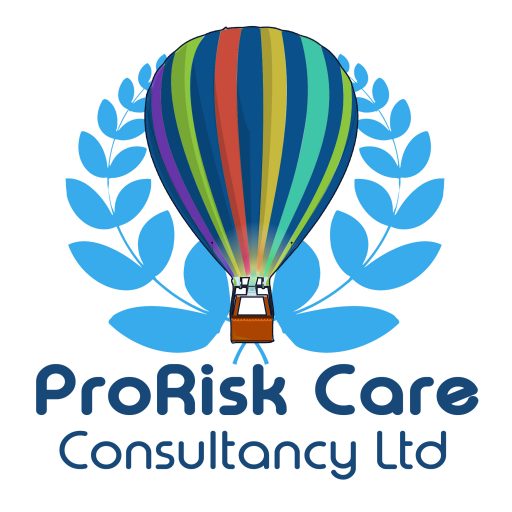Giving employees personal involvement in their own training can make it even more effective. It gives them a sense of fulfilment, of personal ownership and control over their own work. By doing so, they will take the training messages on board much more easily and thoroughly.
The Care Certificate is one way this can be achieved for all staff. For new staff commencing from April 2015 the format is provided via skills for care, however for existing and longstanding staff there is also available a very simple, self-assessment tool. Employees can identify their own personal weaknesses and training needs by use of this self assessment checklist to rate their knowledge and skills in each section, within supervision they can then demonstrating their knowledge to their manager, and if management agree that competence has been evidenced, they can issue the care certificate to their employee.
The scale is clearly explained so that employees know exactly what level to place their existing knowledge. A typical example is ‘Needs Refreshing: you previously had this standard of skills and/or knowledge but it is no longer current or you have not used it in your work recently/regularly. You therefore no longer have the skills and/or knowledge to meet the standard. A refresher is required.’
A basic, yet very thorough training system, The Care Certificate covers all the essential elements needed by people working in care homes. It includes personal development, communication, dementia and learning disabilities, safeguarding adults, safeguarding children, life support, health & safety, infection prevention, duty of care, equality and diversity, disabilities. The Certificate was introduced in 2015, and has had a major impact on staff training.
It is required that all new care staff must acquire the Certificate within 12 weeks of commencing their employment.
By using the self-assessment tool with staff who have previously worked within the care sector, it can reduce the amount of management time spent on training. It enables the training provision to be more carefully targeted, concentrating on areas where employees really need help. Admittedly, it does depend a lot on trust, and the ability of the employee to be totally honest about their skills and knowledge, but managers will be able to identify any problem areas by watching them work and through their in depth knowledge of the individuals .
